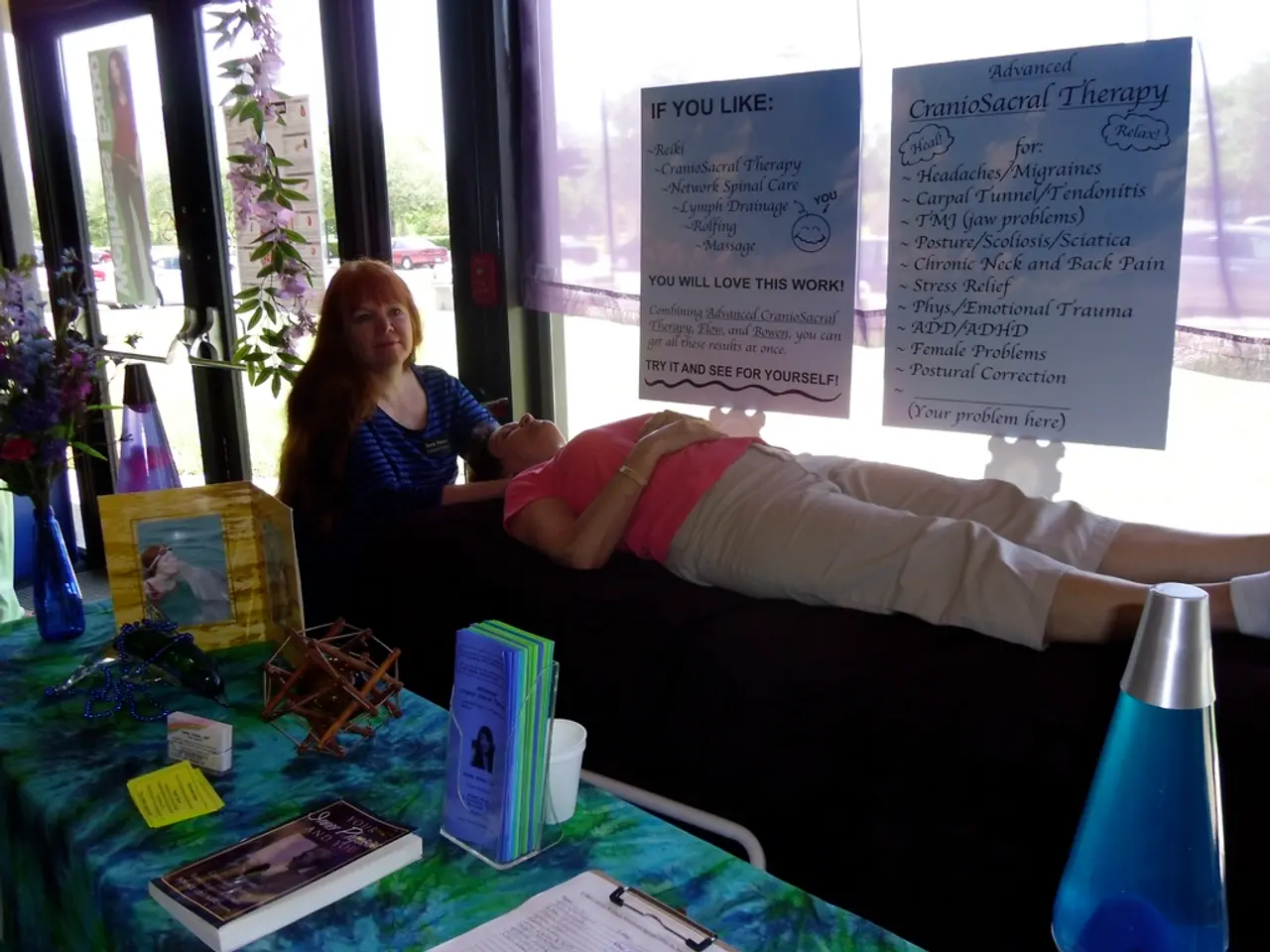Oppositional Defiant Disorder (ODD) Treatment Methods: A Look at Available Remedies
Oppositional Defiant Disorder (ODD) is a behavior disorder in children that involves a persistent pattern of disobedient, uncooperative, and sometimes hostile behavior toward people in authority. Fortunately, there are several effective treatment options available to help children with ODD manage their symptoms and improve their behavior.
Family therapy can play a crucial role in helping family members learn how to relate and communicate better with each other. Doctors may also reserve medications for ODD symptoms, such as severe aggression and emotional dysregulation, that do not respond to conservative treatments.
One of the most recommended treatments for ODD is Parent Management Training (PMT). This evidence-based approach involves teaching parents techniques to manage and modify their child's problematic behaviors through consistent discipline, positive reinforcement, and improved communication. Some PMT programs use video review of parent-child interactions to refine effective parenting approaches.
Cognitive Behavioral Therapy (CBT) is another effective therapy for children with ODD. CBT helps children learn to control anger, modify disruptive thought patterns, improve emotional regulation, and develop healthier ways to interact socially. Structured CBT programs combine child and parent sessions to address aggressive behaviors and improve coping skills.
Dialectical Behavior Therapy (DBT) is more often used with adolescents and focuses on building skills in emotional regulation, distress tolerance, and interpersonal effectiveness. These skills help reduce mood swings and improve relationship-building abilities, which supports better behavioral outcomes.
School-based interventions can also help children with ODD improve their peer relationships and problem-solving skills. Social skills training (SST) helps the child learn how to have more positive interactions with their peers.
At home, parents can try several behavioral strategies such as praising positive behaviors, modeling appropriate behavior, taking a break when conflict is building up, and setting reasonable age-appropriate limits.
Early and consistent intervention is crucial to prevent worsening symptoms and associated risks into adulthood. Treatment for ODD involves a collaborative approach between the child, their parents, their school, and their community.
Treatment plans often integrate PMT with individual child therapies like CBT and DBT, and sometimes family-based interventions, to maximize effectiveness depending on the child's age and specific needs.
Parents and caregivers may also ask their pediatricians or family doctor to refer them to a child psychiatrist or mental health specialist. The American Psychological Association's Psychologist Locator, AACAP's Child and Adolescent Psychiatrist Finder, and Association for Behavioral and Cognitive Therapies's Find a Cognitive Behavioral Therapist tools can help families find an ODD specialist for their child.
Collaborative problem-solving (CPS) is a CBT-based intervention that promotes a collaborative problem-solving approach where the child and the parent brainstorm possible solutions to problems, veering away from using punishments and rewards. Dialectical behavior therapy (DBT) helps teach children healthier ways to manage their intense emotions.
Staying physically active, eating a healthy diet, getting enough sleep, and nourishing relationships with family members may reduce challenging and disruptive behaviors. The American Academy of Child and Adolescent Psychiatry's resource center offers support and advice for parents of children with ODD.
While the Food and Drugs Administration (FDA) has not yet approved a drug for ODD, commonly prescribed drugs are antipsychotics, such as risperidone, and mood stabilizers, such as lithium. However, doctors generally do not give medications for ODD except if aggressive and disruptive behaviors do not respond to other treatments.
Early intervention can help individuals cope with and manage their symptoms, allowing many to live symptom-free and happy lives. It's important to remember that with the right treatment and support, children with ODD can improve over time and lead fulfilling lives.
- Parent Management Training (PMT) is one of the most recommended treatments for Oppositional Defiant Disorder (ODD), involving techniques to manage and modify problematic behaviors through consistent discipline, positive reinforcement, and improved communication.
- School-based interventions, such as social skills training (SST), can help children with ODD improve their peer relationships and problem-solving skills.
- Collaborative problem-solving (CPS), a CBT-based intervention, promotes a collaborative problem-solving approach between the child and the parent, veering away from using punishments and rewards.
- Dialectical behavior therapy (DBT) helps teach children with ODD healthier ways to manage their intense emotions and build skills in emotional regulation, distress tolerance, and interpersonal effectiveness.
- Although the Food and Drugs Administration (FDA) has not yet approved a drug for ODD, doctors may reserve medications such as antipsychotics and mood stabilizers for symptoms that do not respond to conservative treatments, like severe aggression and emotional dysregulation.




